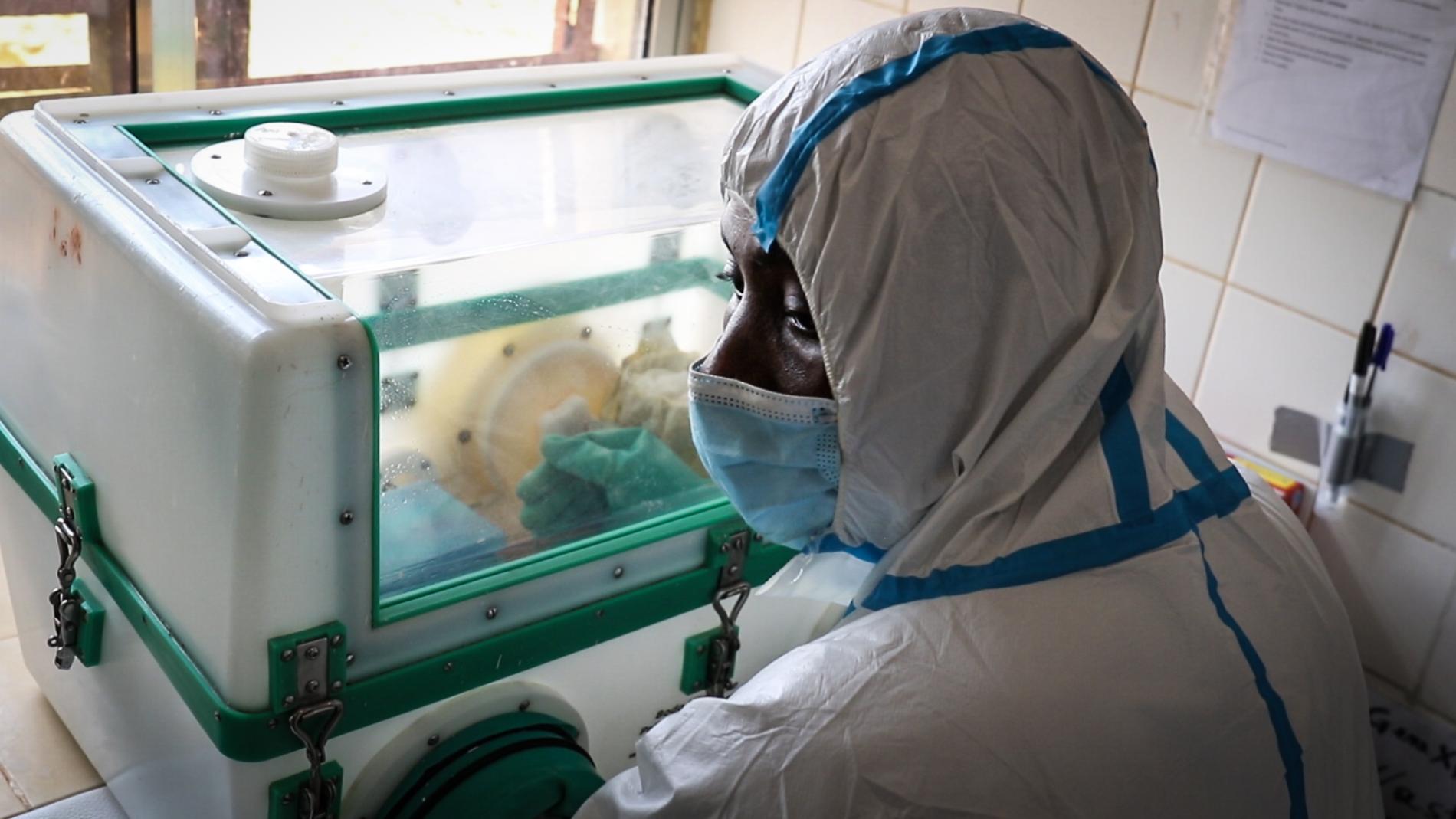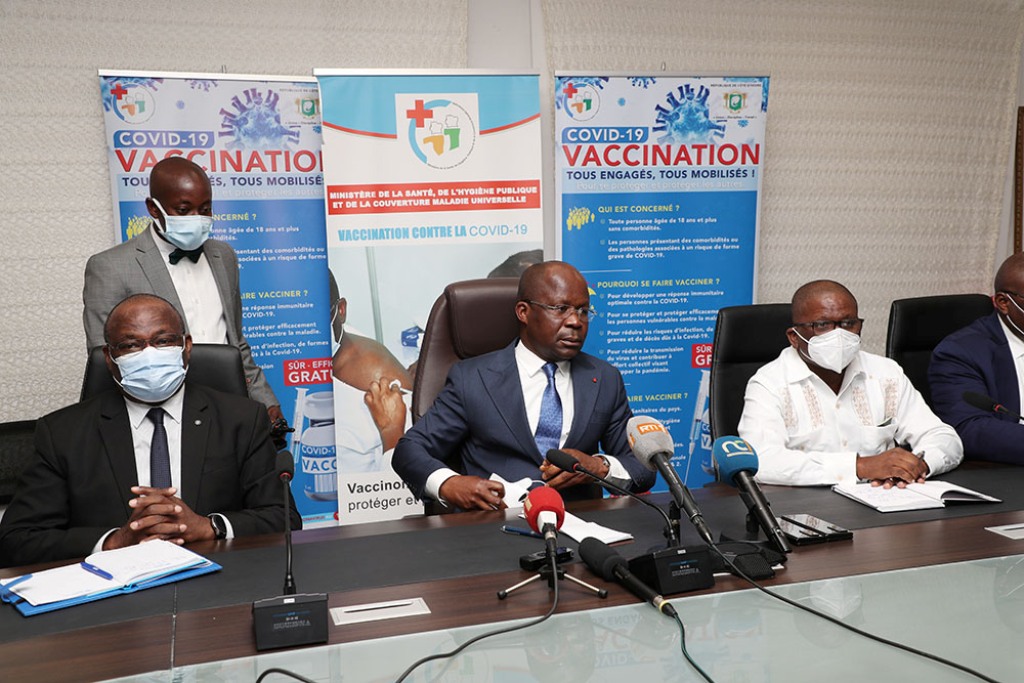Date 14.08.2021
wd/wmr (AFP, Reuters)
The World Health Organization has expressed "immense concern" about an Ebola outbreak in the country's largest city, Abidjan.
The Ivory Coast on Friday declared its first confirmed case of Ebola virus since 1994.
The infected patient with the virus was hospitalized in Abidjan, the country's largest city. The 18-year-old woman had arrived in Abidjan after traveling to the Ivory Coast from neighboring Guinea.
wd/wmr (AFP, Reuters)
The World Health Organization has expressed "immense concern" about an Ebola outbreak in the country's largest city, Abidjan.
The Ivory Coast on Friday declared its first confirmed case of Ebola virus since 1994.
The infected patient with the virus was hospitalized in Abidjan, the country's largest city. The 18-year-old woman had arrived in Abidjan after traveling to the Ivory Coast from neighboring Guinea.







Comment